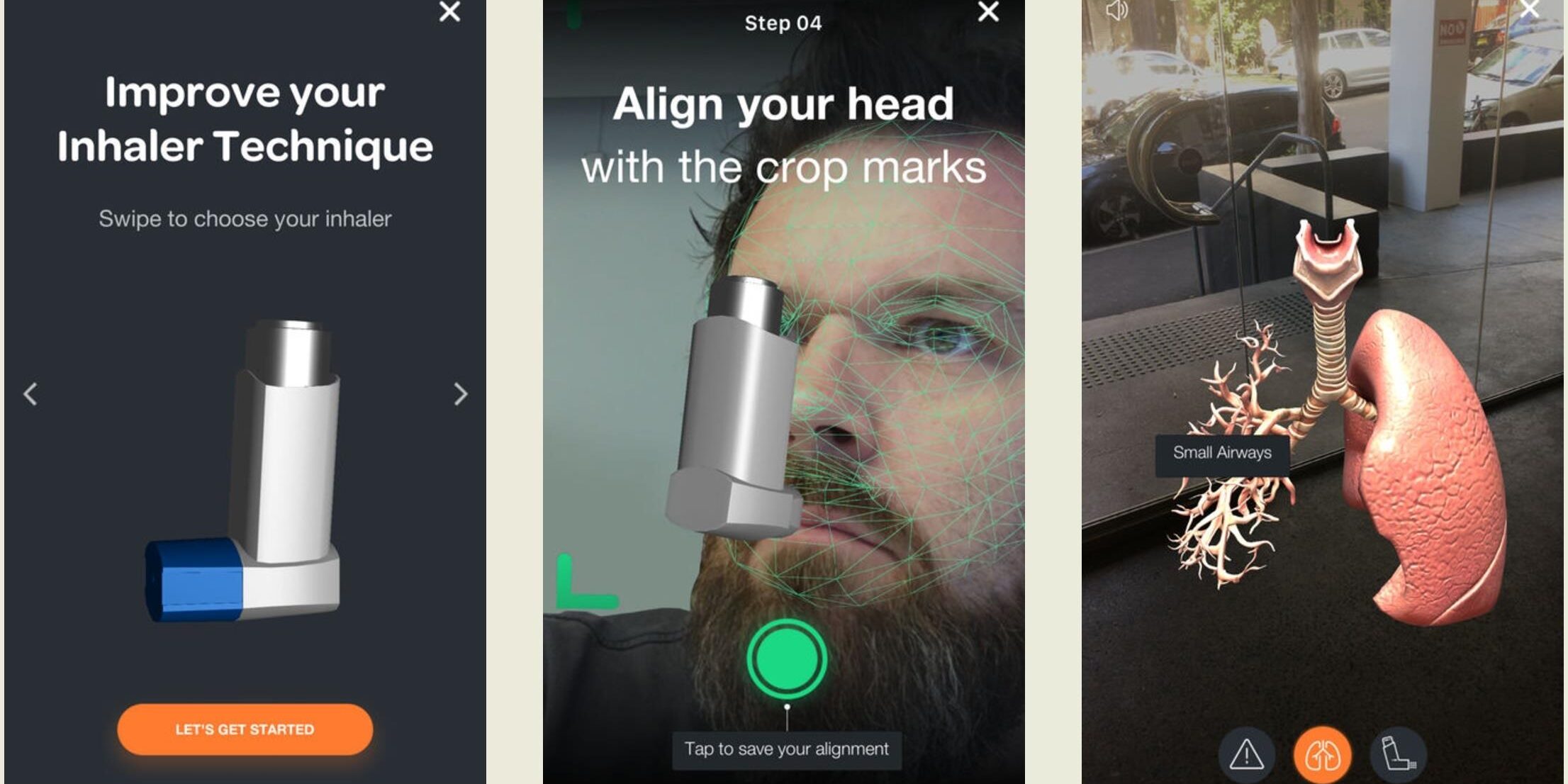Needless to say, technologies like Augmented Reality (AR) are revolutionising the way we live, we conceive information and we communicate with each other.
This was just already predicted by scientists like Nikola Tesla, who envisioned in the year 1926 “a device that would allow us to communicate instantly over any distance, seeing and hearing one another as though face to face. The device would be small enough to carry about in one’s ‘vest pocket’”.
Now, these devices are almost indispensable in our daily lives and are becoming more and more smarter. Augmented Reality is on top of the innovations and technologies associated to mobile phones. This technology is more and more present in our daily lives. Seeking how to best use it to improve and enhance our reality is in the mind of developers.
Here are four ways in which Augmented Reality can help to make our life better.
1.- Augmented Shopping – Helping disabled shoppers
Augmented Reality technologies can be used to make the shopping experience friendlier for both disabled shoppers and salespeople, according to a research and a pilot experience designed for three levels of impairment.
Augmented Reality markers on the shelves and an app on the mobile/tablet with real-time updated information. Shoppers pointed at the products with the device, watch the augmented information overlapping the real view of the shelves and select the items they wanted to buy, once they were ready to check out, staff would collect each item for them, and process them.
Asked about the experiment, the test subjects revealed they felt more independent than they normally would when shopping.
Now, researchers are planning a more realistic test.
2.- Augmented Empathy – Helping people to better understand autism
The aim of the smartphone app ‘An Empathy Bridge for Autism’ and the additional kit of wearables is to bring the feeling of being autistic home to those without the disability. Paired with a camera-enabled Google Cardboard, the app distorts a wearer’s vision, while earpieces amplify nearby sounds. The result is a surreal experience that highlights the everyday life of people with.
This can be the evidence that the next big thing for Augmented and virtual reality is to educate the public as to what these symptoms look and feel like, so that those without autism, dementia or other disorders may be more equipped to help those with them.
3.- Augmented Health – Helping diabetes patients
Australian doctors are working on the development of an augmented reality app to help people with type 2 diabetes and high blood pressure manage their medication. The aim is to find the best way to use AR to help people who require a variety of medication.
So, keeping track of all the advice, understanding it, and being able to ask the right questions are major challenges. AR brings the possibility of using smartphones to give information on specific medications at the right time, in the most appropriate way for each person.
The smartphone app will also give people the opportunity to call or message diabetes helplines, should they have a question about their medication.
Another app, Breatherite (main picture), measures Asthma Treatment with Augmented Reality. This iPhone app is available in Singapore and uses the smartphone’s front-facing camera, accelerometer, gyroscope, and microphone to evaluate users’ inhaler techniques and recommends adjustments. The app also provides medication reminders, lifestyle tips, and air quality information.
4.- Augmented Training – Helping skills acquisition for learners
Augmented Reality is more and more present in classrooms. In fact, it is one of the most popular technologies amongst teachers and students. It helps the latter to acquire knowledge and skills in an attractive and motivating way, enhancing the teaching-learning process.
For difficult and dangerous trades, like welding it enables to learn safely and effectively, while reducing the costs and the environmental impact.
Sources:
https://www.psfk.com/2017/01/empathy-kit-understand-autism.html
https://soldamatic.devbranders.ovh/en/what/
http://www.abc.net.au/news/science/2017-08-22/can-our-smartphones-get-any-smarter/8798020






